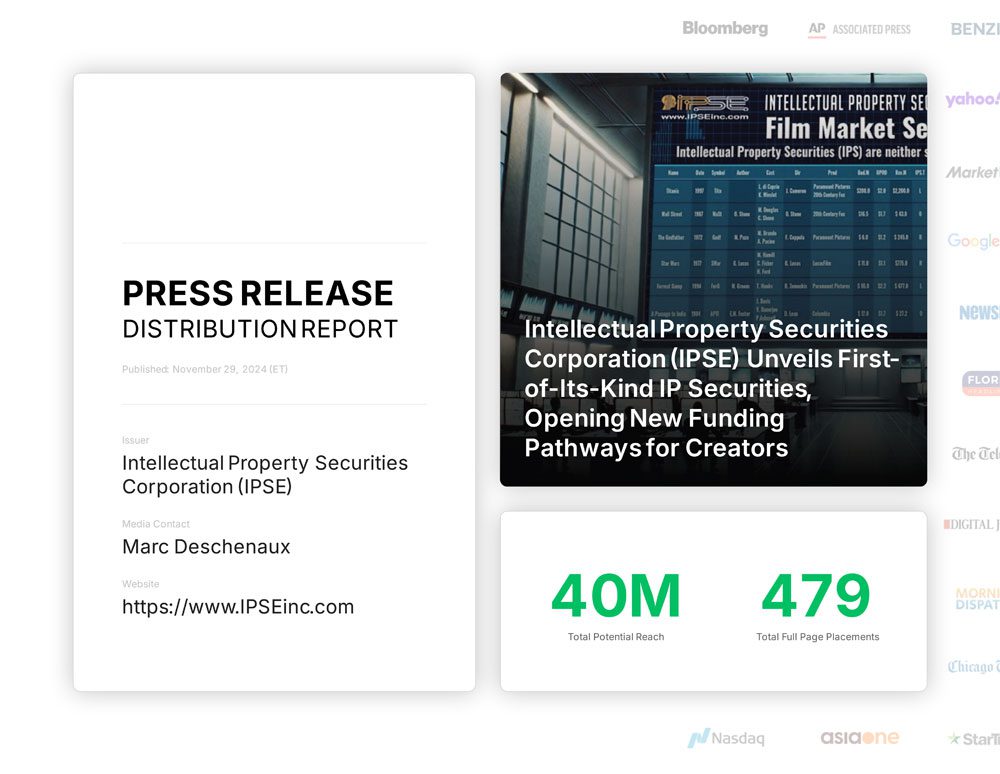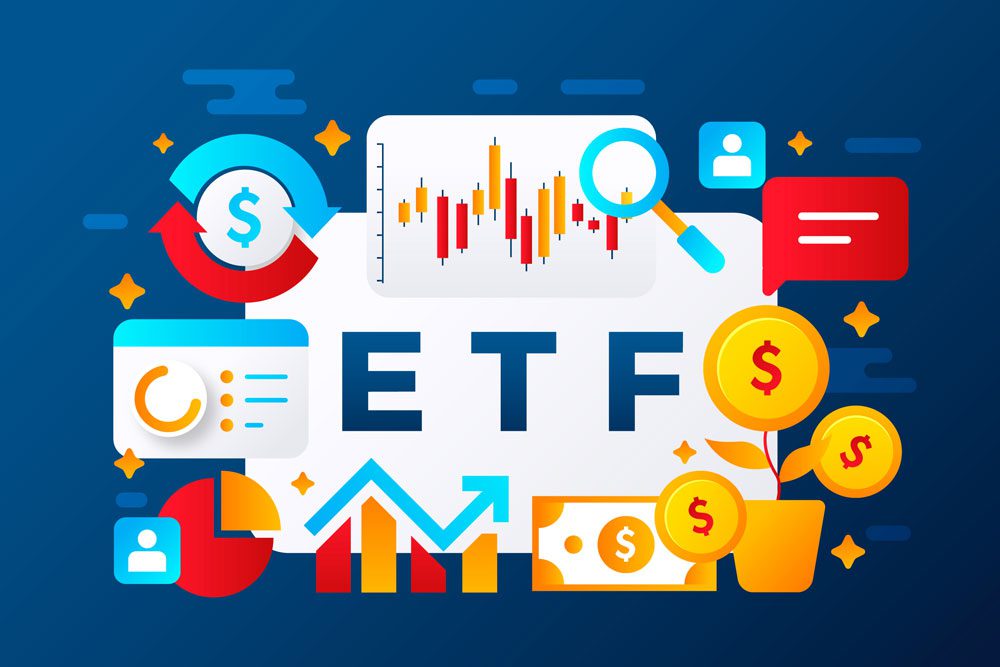Turning carbon tax credits into crypto tokens on a decentralized platform can provide several benefits for average investors who want to contribute to global warming mitigation and fund new technologies for CO₂ emissions reduction and reclamation.
Here are some potential advantages:
- Accessibility: By tokenizing carbon tax credits, average investors can participate in the carbon market, which was previously limited to large corporations and institutions. This allows individuals to actively contribute to the fight against climate change.
- Liquidity: Crypto tokens can enhance the liquidity of carbon tax credits. Investors can easily buy, sell, and trade these tokens on decentralized exchanges, providing a more efficient and accessible market for carbon credits.
- Transparency: Blockchain technology, which underpins decentralized platforms, offers transparency and traceability. This ensures that carbon credits are accurately accounted for and that the carbon reduction projects funded by these tokens are properly audited.
- Democratization of Funding: By tokenizing carbon tax credits, average investors can directly fund new technologies for CO2 emissions reduction and reclamation. This democratizes the funding process, allowing innovative projects to receive support from a broader range of investors.
- Global Participation: Decentralized platforms enable investors from around the world to participate in carbon credit tokenization. This global participation can attract more capital, fostering the development and implementation of new technologies and initiatives to address climate change.
While the exact value of turning carbon tax credits into crypto tokens will depend on various factors, such as the market demand, regulatory environment, and project selection, it has the potential to create a more inclusive and efficient system for combating global warming and supporting technological advancements in carbon reduction and reclamation.
Blockchain technology ensures transparency and traceability in carbon credit tokenization through its inherent features.
Here’s how it works:
- Immutable and Transparent Ledger: Blockchain creates a decentralized and immutable ledger where all transactions related to carbon credit tokenization are recorded. Once a transaction is added to the blockchain, it cannot be altered or removed, ensuring transparency and accountability.
- Smart Contracts: Smart contracts are self-executing agreements written in code that automatically execute predefined actions when certain conditions are met. In the context of carbon credit tokenization, smart contracts can be used to automate the issuance, tracking, and transfer of carbon credits. These contracts ensure that the terms and conditions of carbon credit transactions are transparent and enforceable.
- Consensus Mechanism: Blockchain networks rely on consensus mechanisms, such as proof-of-work or proof-of-stake, to validate and agree on the state of the ledger. This consensus mechanism ensures that all participants in the network have a shared and synchronized view of the transactions and balances related to carbon credit tokenization.
- Public Key Cryptography: Blockchain uses public key cryptography to secure transactions and verify the identity of participants. Each participant has a unique cryptographic key pair consisting of a public key and a private key. This ensures that only authorized parties can access and transact with carbon credits, enhancing traceability and preventing fraudulent activities.
- Auditability and Verification: The transparent nature of blockchain allows for easy auditing and verification of carbon credit transactions. Any participant can independently verify the authenticity and validity of carbon credit token transfers, ensuring that the credits are legitimately earned and properly utilized.
By leveraging these features, blockchain technology provides a robust and tamper-proof system for tracking and managing carbon credit tokenization. It eliminates the need for intermediaries, reduces administrative costs, and builds trust among investors and stakeholders involved in carbon credit markets.






